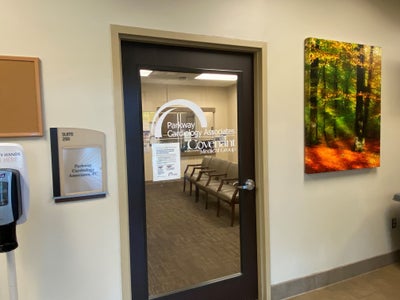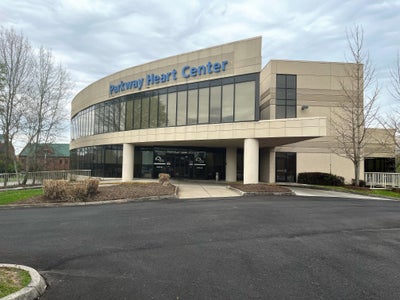Patient Tools
Get started with some of our online patient tools.
About Parkway Cardiology Associates
At Parkway Cardiology Associates, we specialize in the treatment of conditions that affect your heart. With more than a century of combined medical experience, our expert healthcare team is ready to provide you with excellent care. Our heart care team includes general and interventional cardiologists and nurses who have served Anderson County and East Tennessee for more than 50 years.
Our office is conveniently located near Methodist Medical Center. We also have offices in Clinton, Harriman, Jellico, and Wartburg. We’re proud to be a member of Covenant Medical Group, the physician practice group of Covenant Health.
Schedule an Appointment
Our Vision
We strive to offer hope and healing to each of you so that you achieve and maintain a high quality of life. We help you obtain this through education for disease prevention, early detection of cardiac disorders, and optimal application of technologies and treatments in an environment of trust, compassion, and care.
Our Mission
Our mission is to prevent, detect, and treat cardiovascular disease using state-of-the-art technologies and treatments. We opened in 1973 to serve patients, and since that time, our mission has grown to include other communities in East Tennessee. To meet this need, we have increased the number of physicians on staff and expanded the range of specialized services we offer.
Memberships, Accreditations, and Associations
- Accredited Facility Nuclear Cardiology by Intersocietal Accreditation Commission
- Oak Ridge Chamber of Commerce
- American Heart Association
Conditions Treated
Cardiac Testing and Procedures
Many of the testing and procedures we perform can now be done in our office or just down the street at Methodist Medical Center. Some of the tests and procedures we perform include:
- Ankle Brachian Index (ABI)
- Balloon angioplasty
- Cardiac rehabilitation
- Carotid artery ultrasound
- Catheterization
- Coronary atherectomy
- Echocardiography/ Doppler ultrasound testing
- Electrocardiogram (EKG) – includes exercise and treadmill EKG
- Holter and event heart rhythm monitors
- Nuclear cardiology
- Pacemakers and pacemaker clinic
- Peripheral vascular interventions and atherectomy
- Rotablator
- Stents
- Vascular diagnostic testing
- Patient education on wellness and disease prevention
Methodist Medical Center provides advanced, state-of-the-art cardiac diagnostics and interventional services. Click here to learn more about the different types of cardiac testing.






